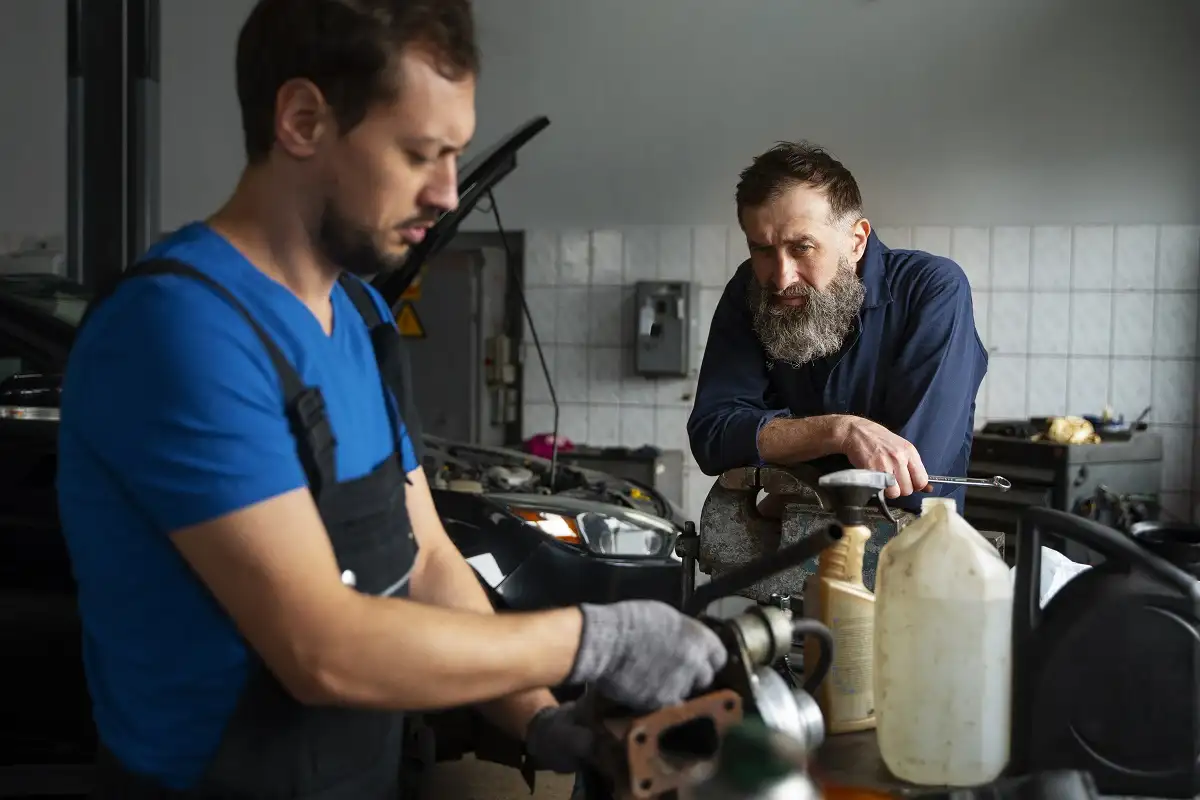Have you ever wondered why diesel engines seem to run forever while others require frequent repairs or replacements? The longevity of diesel engines is no coincidence. It’s a combination of design, construction, and how you take care of your motor over time.
Diesel engines are known for their strong design, which allows them to withstand high levels of stress over extended periods, especially in diesel fuel systems. In this article, we will explore why diesel engines are built to last longer and how you can maximise their durability through proper care and maintenance of these fuel systems. Let’s read in detail.
Detailed Guide
Stronger Components Mean Greater Durability
One of the main reasons they last longer than their gasoline counterparts is because of how they’re built. They are designed with stronger, more durable parts. They typically operate at higher compression ratios, meaning they need tougher materials to withstand the forces at work. This heavy-duty construction ensures they can handle intense pressure and wear over long periods.
Built for Heavy Work
These engines are commonly used in trucks, buses, and other heavy-duty machinery because they’re designed for tough work. Their motors can generate more torque at lower RPMs, making them ideal for carrying heavy loads.
This capability makes them more efficient for jobs requiring consistent power over long distances. While gasoline ones may wear down faster under the same conditions, these are built to endure.
Fewer Moving Parts, Less Friction
Another reason they last longer is that they have fewer moving parts compared to gasoline engines. With fewer components interacting, the motor has less friction and less wear over time. The internal workings of a diesel motor are also designed to reduce strain. For example, they don’t need spark plugs, which reduces the number of components that can fail.
Lubricating Properties
Did you know that diesel fuel systems help the engine last longer? Diesel fuel itself acts as a lubricant within the engine, reducing friction between moving parts. This lubrication in these fuel systems helps prevent premature wear and tear, allowing the motor to operate smoothly for a longer period. In contrast, gasoline lacks these lubricating properties, which can result in increased wear in gasoline engines.
Operate at Lower Temperature
Heat is one of the major causes of wear and tear in any engine. They run cooler than gasoline ones because of their lower RPMs and higher fuel efficiency. A cooler-running motor is less likely to suffer from heat-related damage, another factor contributing to their longevity. Keeping the motor at a lower temperature prevents internal components from breaking down and allows it to maintain performance over time.
A More Efficient Fuel Burn
Diesel engines are known for their higher fuel efficiency compared to gasoline ones. This is due to the way the fuel combusts inside the motor. Diesel motors use a process called compression ignition, which allows for a more complete and efficient burn of the fuel. With this efficient fuel burn, they can generate more power with less fuel, which reduces wear and tear on the motor.
Investment Yields Long-Term Benefits
If you’re looking for an engine that will last for years to come, diesel is often the better option. While they may have higher upfront costs, their long-term durability makes them a smart investment. For those who rely on vehicles or machinery for their livelihood, choosing it can mean fewer repair bills and less downtime. Over time, this adds up to significant savings.
Diesel engines are designed to last longer, thanks to their sturdy construction, fewer moving parts, and ability to handle heavy workloads. However, their durability also depends on regular maintenance, especially when it comes to diesel fuel systems. If you want an engine that will stand the test of time, diesel is the way to go.

